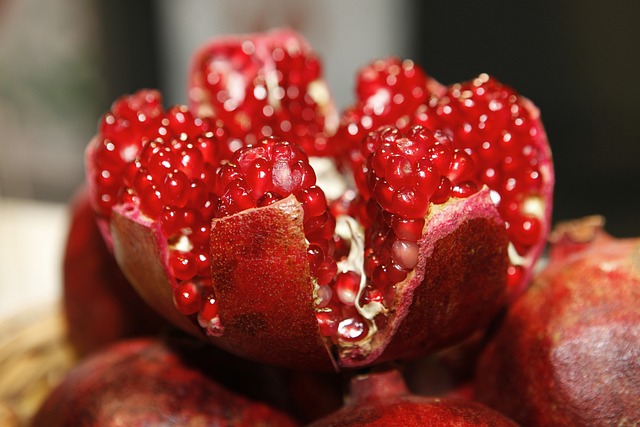Goodbye Tummy Troubles: Probiotics for Digestive Harmony
Do you often suffer from digestive issues? Bloating, gas, diarrhea, or constipation? These common problems can significantly affect your quality of life. The good news is that there is a natural way to restore balance to your gut and say goodbye to tummy troubles – probiotics!
What are Probiotics?
Probiotics are live bacteria and yeasts that provide numerous health benefits, especially for the digestive system. These beneficial microorganisms can be found in certain foods or taken as supplements.
How Do Probiotics Work?
Our digestive system is home to trillions of bacteria, both good and bad. When the balance between these bacteria is disrupted, it can lead to digestive problems. Probiotics help restore this balance by increasing the number of beneficial bacteria in the gut. They inhibit the growth of harmful bacteria and promote a healthy environment in the digestive tract.
The Benefits of Probiotics for Digestive Health
Probiotics offer several benefits for digestive health:
- Improved Digestion: Probiotics aid in the breakdown and absorption of nutrients, ensuring efficient digestion.
- Reduced Bloating and Gas: Probiotics help regulate the gut microbiota and reduce excessive gas production, providing relief from bloating and gas.
- Prevention of Diarrhea and Constipation: By restoring the balance of bacteria in the gut, probiotics can help alleviate both diarrhea and constipation.
- Enhanced Immune Function: The majority of our immune system resides in the gut. Probiotics support immune function and help defend against pathogens.
- Protection Against Digestive Disorders: Probiotics have shown promise in preventing and managing digestive disorders such as irritable bowel syndrome (IBS), inflammatory bowel disease (IBD), and antibiotic-associated diarrhea.
Sources of Probiotics
Probiotics can be obtained through both food and supplements.
1. Yogurt
Yogurt is one of the most well-known sources of probiotics. Look for yogurt that contains live and active cultures. Avoid products that are heavily sweetened or contain artificial additives.
2. Kefir
Kefir is a fermented milk drink similar to yogurt. It is rich in probiotics and can be a great addition to your diet.
3. Sauerkraut
Sauerkraut is fermented cabbage and is an excellent source of probiotics. Look for unpasteurized sauerkraut to ensure the presence of live bacteria.
4. Kimchi
Kimchi is a Korean side dish made from fermented vegetables. It contains various strains of probiotics and is known for its spicy flavor.
5. Miso
Miso is a traditional Japanese seasoning made from fermented soybeans. It is commonly used to make soup and provides probiotics along with a unique umami flavor.
Aside from these foods, there are numerous other probiotic-rich options available, such as kombucha, tempeh, and certain pickles. If it is challenging to incorporate these foods into your diet, probiotic supplements are readily available in most health stores.
Choosing the Right Probiotic Supplement
When selecting a probiotic supplement, keep the following points in mind:
- Look for supplements that contain multiple strains of bacteria, including Lactobacillus and Bifidobacterium.
- Check the number of live organisms or CFUs (colony-forming units) in each dose.
- Consider any specific health concerns you have, as some strains are more beneficial for certain conditions.
- Consult a healthcare professional for personalized recommendations.







